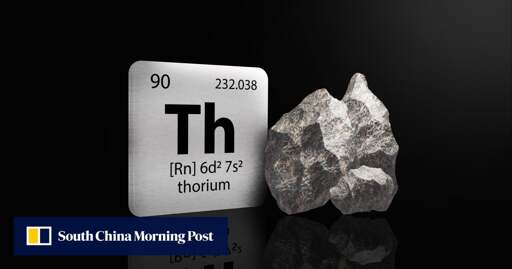It marks the first long-term, stable operation of the technology, putting China at the forefront of a global race to harness thorium – considered a safer and more abundant alternative to uranium – for nuclear power.
The experimental reactor, located in the Gobi Desert in China’s west, uses molten salt as the fuel carrier and coolant, and thorium – a radioactive element abundant in the Earth’s crust – as the fuel source. The reactor is reportedly designed to sustainably generate 2 megawatts of thermal power.



I don’t trust science (or R&D engineering) that’s not peer reviewed. Anything else is just marketing hype. Show me hard numbers or GTFO.
China also has a problem with the government lying-- for example, about their claimed reductions in greenhouse emissions. There’s no reason to trust self-serving authoritarians without credible corroboration.
That’s an irrelevant metric. Nobody’s going to buy a car just because the model range is a bit wider than some other company’s. What’s relevant is adoption, and then buyer loyalty. It may be that BYD offers cars that people want to buy, but they’re subsequently found to be of crap quality or aggressively undermining driver privacy (which other non-Chinese manufacturers have also done).
If appropriately rigorous science and suitably disciplined engineering are part of the process, and regulators do their jobs correctly, then maybe. Otherwise it’s just throwing money at a problem. Investment doesn’t guarantee results. China is certainly capable of getting positive outcomes from tech investment, but it’s not guaranteed.
I mean I thought thorium reactors were figured out already? The economics of it and lobbying by big oil was the problem. It ain’t that surprising that China could make a thorium reactor though.